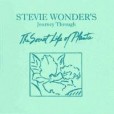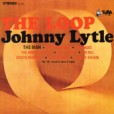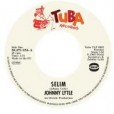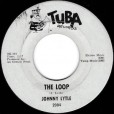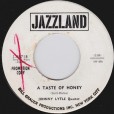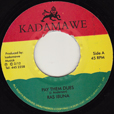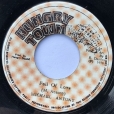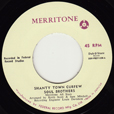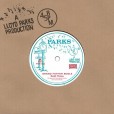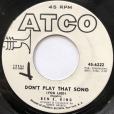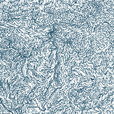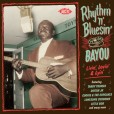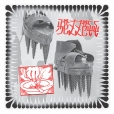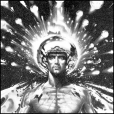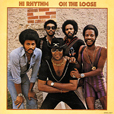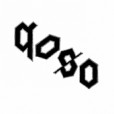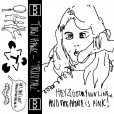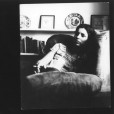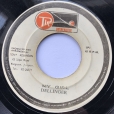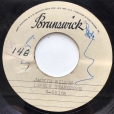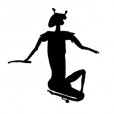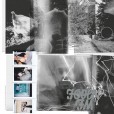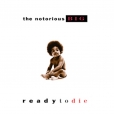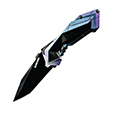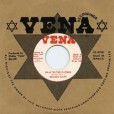Your basket is empty

The first of two LPs recorded by the vibes player for the Detroit label Tuba, after Riverside went under in 1964.
With regular trio partners organist Milt Harris and drummer Peppy Hinnant; and Wynton Kelly and George Duvivier dropping in.
Featuring a cracking version of Duke Pearson’s Christo Redentor, and grooving rug-cutters Possum Grease and Hot Sauce… besides the stone-classic Dingwalls-floor-filler The Man.
From 1964, this tribute to Miles Davis is the great vibes player’s crowning glory (even including his contribution to Roger Troutman’s Unlimited album). A swinging, modal classic, massive on the Dingwalls jazz-dance scene.
This rare roots outing by the lovers specialist is a sweet, heartfelt tribute to the great JA revolutionary. A Lloyd Parks production, with a proper dub.
Crafted, varied EP from Kenneth Lay and Jason Carr, out of the Metasplice milieu in Philly. A couple of ant nests, a droner with an mbalax tic, and a monster-crunchy, sun-up soundscape. Boot cyan lean.
TTT TTT TTT TTT TTT TTT TTT TTT TTT TTT TTT TTT TTT TTT TTT TTT TTT TTT TTT TTT TTT TTT TTT TTT TTT TTT TTT TTT TTT TTT TTT TTT TTT TTT TTT TTT TTT TTT TTT TTT TTT TTT TTT TTT TTT TTT TTT TTT TTT TTT TTT TTT TTT TTT TTT TTT TTT TTT TTT TTT TTT TTT TTT TTT TTT TTT TTT TTT TTT TTT TTT TTT TTT TTT TTT TTT TTT TTT TTT TTT TTT TTT TTT TTT TTT TTT TTT TTT TTT TTT TTT TTT TTT TTT TTT TTT TTT TTT TTT TTT
The one-hundredth Trilogy!
Hats off to an amazing, uncompromising run of killer music and lavishly brilliant artwork. Bangers and magic like dirt.
21 gun salute.
The title track is monster jugga jugga rare groove, proper rudeboy two-step. A 1976 special outing for the Hodges Bros and co, house band at Hi, where they backed Al Green, Ann Peebles and everyone.
Rrrrufff and gruff EP by the In Paradisum old boy. Better humoured, nervier and more reined-in for his long break. Ace.
‘Just over half an hour of Luke Wyatt nattering — talking over, against, and to himself — interspersed with slyly deployed SFX, and quotes from his own musical recordings. A wild, uncannily cohesive, funny-sad excursion, issuing from a childhood memory, and somehow taking in the ’86 Mets, WIlliam Rehnquist, and Boy Scout regalia, amongst much else, in a hilarious, poignant affirmation of the spiritual prequisite of self-expression.’
Massive bounce to the ounce on the A-side, guaranteed to boing a dancefloor into a vibrational mess.
Four honed earhole sluicers, on the flip.
Bumpin’ citizen JFM knocks back some bleep before trumping his FXHEs with two sides of rough, get-loose house like we like it. Warmly recommended.
Bracing portions of the screaming abdabs dressed as naked, hooligan machine-funk — fizzing, stomping, juddering and going mental in the furnace of high noon like whizzed-up children of the hydra’s teeth.
Fatis digi.
Opening with a Dennis Brown feint, Katt whirls through vegetarianism, military repression, street crime and religious salvation.
